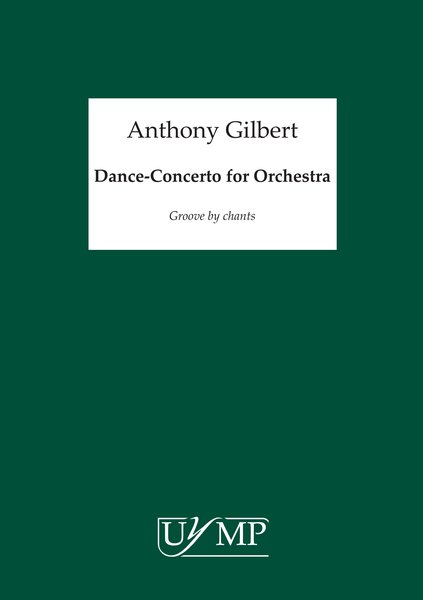Entrance – First Rowdy-dance – First Mirror-dance – Primal-dance – Second Rowdy-dance – Into the Chillchamber – Cool-chants – Third Rowdy-dance – Second Mirror-dance – Fourth Rowdy-dance – Outrance
Chants made to dance provide the essential drive in this 19-minute concerto for orchestra. In the bright, high Primal-dance and its four offspring, the Rowdy-dances for strings, the chants combine into long strands of four-part harmony. In the two reflective Mirror-dances for brass they are harmonised in five parts by mirror-chords, and in the central waltzing Cool-chants these chords generate their own continuous chant-like melody, over two minutes long, which acts as its own counter-melody in alternate passages.
Tension and conflict are generated by shorter, three-part plunging and rising gestures for wind, essentially variations on two 24-note phrases which initially mock and disrupt the flow. After a climax of activity in the second Mirror-dance, however, they begin to adopt a more conciliatory, cadential mode, and finally integrate, though not without having definitively upset the fourth Rowdy-dance’s driving line.
Internal harmonic tension is what generates the spiky rhythms in all the main dance material. Structural stability is maintained by a long, slow mirror-chord sequence on harp and tuned percussion over a bass E on tuned gong, Indonesian Gamelan-fashion. The governing tempo is constant throughout – the ‘groove’; but each new dance phase, as it emerges from beneath the tail of the one before, provides a new character for this ‘perching-on-the-edge’ pace.
Like Gilbert’s recorder concerto, Igórochki, this dance-concerto was written 20 years after the death of a composer whose work he deeply admires: in the one case, Stravinsky and in the other, Priaulx Rainier, and as with Igórochki, the title gives an oblique hint of the connection. Indeed, Rainier’s own highly non-conformist dance-concerto, Phala-phala, provided Gilbert with the courage ultimately to pursue his own non-conformist bent.
Groove, perhants is dedicated to the great ally of contemporary music, Stephen Plaistow, and the composer expresses much gratitude to the Ida Carroll Trust for generously supplying funding towards its completion.
Commissioned with funds generously provided by the Ida Carroll Trust

